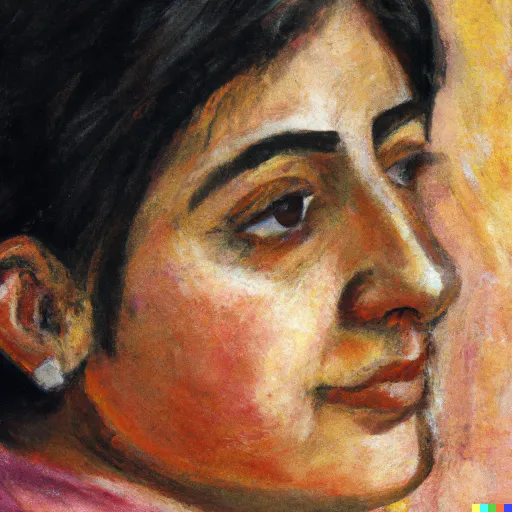Case Study: Renata

Renata Pomarańska: mentor to women with disabilities
Introduction:
Renata Pomarańska – PhD in social sciences in the field of sociology, lecturer at the Catholic University of Lublin. Renata is involved in social work in its various dimensions. Moreover, she organizes discussion sessions, among others from a social project in the practice of social assistance. She has a significant academic achievement in the field of social work and social economy. Currently, she is carrying out research on interpersonal communication between a social worker and people with physical disabilities (based on the psychological model of F. Schulz von Thun).
Motivation:
Renata was motivated to volunteer at Viva Femina after working at University of Rzeszów with students with disability. She was how they struggle after graduation to find employment on the open labour market. Many of her students turned to her for advice.
Women with disabilities experience a double exclusion in the labor market. On the one hand, it is due to gender, since the situation of women in the labor market is worse than that of men, and on the other hand – to disability. The inferior position of women with disabilities in the labor market is caused by the low qualifications of this social group, which are the basis for further difficulties in the labor market.
Support Received:
Renata has personal qualities to work as mentor and she is constantly updating her skills.
Objectives:
To support people with disabilities, especially women. Renata’s primary goal is to skillfully share her knowledge and experience with a client with a disability while refraining from imposing his authoritarian opinion on her. To fulfill this goal well, the mentor must first analyze her knowledge and update it if necessary. Only then can she use the ability to share her knowledge and experience in the field of her professional work.
Barriers:
The only barrier Renata has is to find time for her clients.
Lessons Learnt:
During her work Renata has learned how important is one-to-one relation for people with disabilities.
Impact:
To make positive change for people with disabilities and to learn from them and upgrade mentoring skills.
Women with disabilities are among those with special needs, hence mentoring has a more personal dimension for them than it does for non-disabled people, with adjustments to meet their individual requirements. A good match between a mentor and a learning woman with a disability can be crucial to the benefits of the mentee, mentor and organization.
Conclusion:
At Viva Femina she is involved in training in soft skills, entrepreneurship, communication in business. Expert in the field of gender equality; participant in national and international conferences and seminars, expert in the field of female entrepreneurship.
Renata provides mentoring services for Viva Femina clients.
